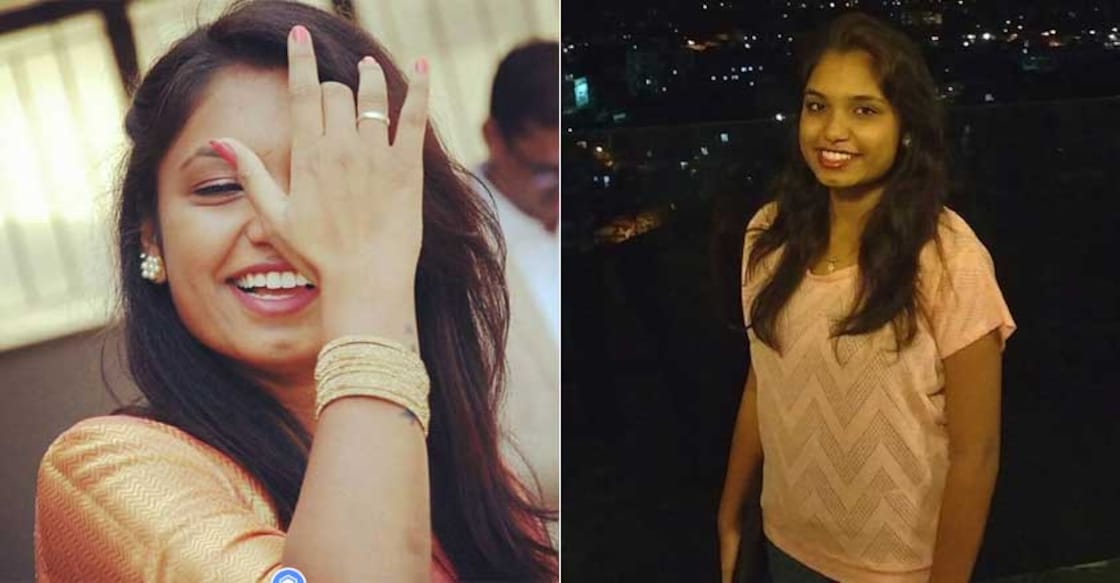Crime Branch to probe Mumbai medico's death

Mail This Article
Mumbai: In a significant development, the Mumbai Police Crime Branch will take over the investigations into the alleged suicide of Mumbai medico Payal S Tadvi, official sources said on Thursday.
The development came a day after the three women senior doctors, Bhakti Meher, Hema Ahuja and Ankita Khandelwal, accused of abetment to suicide and other charges, were sent to police custody till Friday by a Mumbai court.
"Considering the seriousness and importance of the case related to Payal Tadavi's death, the investigation has been transferred to Crime Branch," Mumbai Police spokesperson Manjunath Shinge told IANS.
"We had demanded that given the circumstances of the matter, the case should be taken over by the Crime Branch. We discussed it with Shiv Sena leader Neelam Gorhe who in turn raised it with Chief Minister Devendra Fadnavis," Tadvi's family lawyer Nitin Satpute told IANS.
A Second Year Post-Graduate student of Gynaecology, 26-year-old Tadvi committed suicide in her hostel room on May 22 at the government-run BYL Nair Hospital.
Her family claimed she was driven to suicide by casteist remarks on her Muslim tribal background and other forms of personal and professional harassment.
Marks on body
The police claimed that the victim's body had a few injury marks which needed to be probed further. The postmortem report was awaited, they said.
While Meher was arrested after initial interrogation, Hema Ahuja and Ankita Khandelwal were nabbed in the early hours on Wednesday, a police officer said.
The accused were booked under the Scheduled Castes and Tribes (Prevention of Atrocities) Act, Anti-Ragging Act, IT Act and section 306 (abetment to suicide) of the Indian Penal Code.
Advocate Nitin Satpute, appearing for the victim's family, claimed that the injury marks revealed Tadvi was killed and demanded that the three accused should be booked under Indian Penal Code Section 302 (murder).
However, the accused's lawyer, Aabad Ponda, argued that the three doctors were not even aware of Tadvi's caste.
He said, "Abetment of suicide is when someone intentionally wants to harm the person, but the accused had only pulled her up for work and there was no mens rea (the intention or knowledge of wrongdoing) to harm her."
If the victim found no other option, she could have walked out of her job or lodged a complaint with the higher authorities (of the hospital), which she did not, he said.
Relying on a WhatsApp chat, Ponda said Tadvi had told her mother that no one in the hospital knew which caste she belonged to.
He said the police was merely relying on the complaint of the victim's mother who did not attribute any specific role of the three accused in connection with the incident.
Another lawyer of the accused, Sanjeev Bahl, told the court that the victim was married to a doctor, but instead of staying with him, she was residing at a hostel.
"There might be a family issue that could have led her to take the extreme step," he said.
The defence lawyers also said that the room where Tadvi was allegedly found hanging was locked from inside, so there was no possibility of someone else being there.
The accused persons did not have access to Tadvi's room and it was the police who broke open the door and found the body, they said.
The three accused told the court that after the alleged incident last Wednesday, they went to the hospital dean's office where they waited for about two to three hours to record their statements.
On Tuesday, Tadvi's parents protested at the hospital in Mumbai where she worked. Other protesters also joined her mother Abeda and husband Salman, demanding stringent action against the three seniors.
The Vanchit Bahujan Aghadi and other Dalit and tribal organisations also held protests outside the hospital.
Tadvi's mother said she used to tell her about the "torture" she was facing by her seniors on petty issues.

